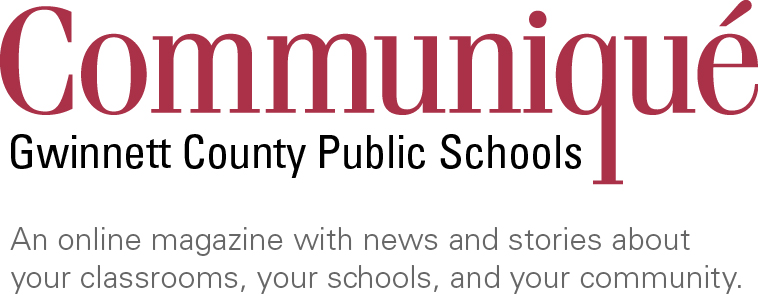Personal computers were an expensive novelty in the 1970s when first introduced. Today, devices using technology can be found in nearly every household and business, and a host of related careers have evolved—and continue to evolve—from programming and game design to web and app development and cybersecurity.
Jordan McEntyre, a senior studying Cybersecurity at Paul Duke STEM HS, is entering an industry that experts say will only grow. Whether she becomes a software engineer or works on the security side, Jordan says her classes and an internship with Curiosity Lab are the preparation she needs.
“This pathway has taught me many things that are currently helping me conduct research on network security, and will help me pursue my desired career path,” says Jordan. “While my work at Curiosity Lab involves a lot of new things, the things that I learn in class have given me a solid foundation to build off of, making it easier for me to explore, understand, and contribute to new concepts in the field, now and in the future.”
Philip Peavy, a computer science teacher at the school and 2021 GCPS High School Teacher of the Year, says that, up to a few years ago, topics like cybersecurity were taught only at the college level or were self-taught. “Being able to work and learn about it while in high school gives students a head start in the industry,” he says. “The biggest thing about computer science in general is that more exposure and practice makes you more confident and fluent in the subject. So as students are learning programming at a younger age, they are going through the curriculum at a faster pace.”
Paul Duke offers three Computer Science Pathways that allow students to earn industry certification in areas of Information Technology:
Computer Science—Students learn different programming languages like Python and Java;
Cybersecurity—Students learn how to manage and secure network systems and prepare for Security+ certification; and
Game Design—Students learn how to animate, simulate, and create games using software like Unity and programming in C#.
In the 2021-22 school year, the school will add Web Development as a pathway. Some CS courses allow students to earn college credit by passing Advanced Placement (AP) exams while others count as a foreign language credit toward graduation requirements because students are learning programming languages. (Computer Science is available in every GCPS high school and more computing/programming courses are being rolled out for younger students in coming years through the district’s CS4All initiative.)
“The future work force is currently in our classrooms,” says Mr. Peavy of Jordan and her classmates. “I get to teach these stellar young adults every day and see the amazing work they can do.”



